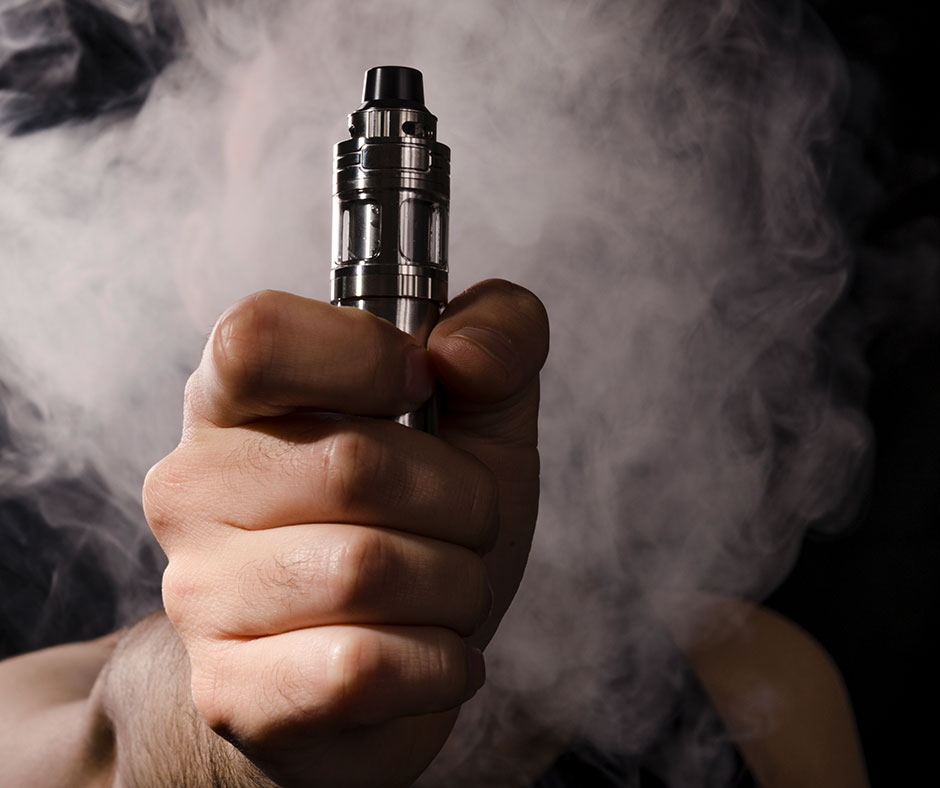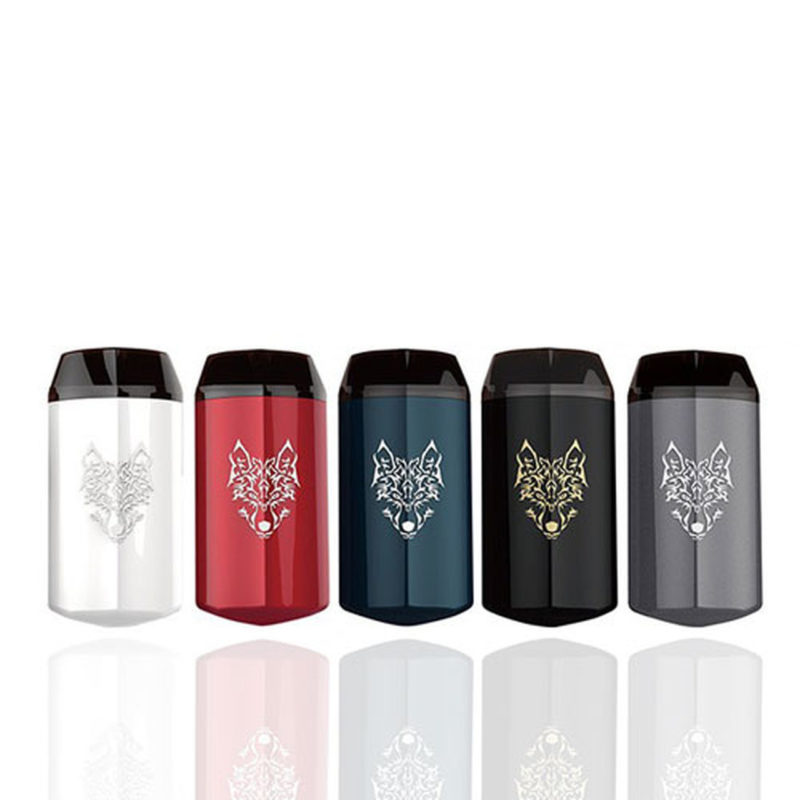The legal world of copyright enforcement can be quite litigious, with baseless lawsuits and accusations of infringement running rampant. While there are instances of companies rightfully infringing upon another’s trademark, there are also many examples of companies far overstepping their legal right or authority.
German luxury fashion house Hugo Boss has been aggressively litigious in its attempted trademark enforcement over the use of the word “boss,” being involved in a number of notable lawsuits against multiple businesses over the years. Most recently, the German fashion house focused their ire on UK vaping company Flavour Boss, leading to a prolonged legal battle that resulted in tens of thousands in legal fees.
The lawsuit came about following a cease and desist letter issued to the small vaping company in North-West England by the multi-billion dollar German fashion giant, demanding the company change its name and the name of their best selling product, “Boss Shots.” Ultimately, after a four-year-long legal battle, the case was awarded in favor of Flavour Boss, with the court finding Hugo Boss’ claims to be baseless.
This is not the first time Hugo Boss has sued, and lost, with their attempted aggressive trademark tactics. The company has previously also attempted to sue a brewery, eyeglass company, soap maker, and even a charity.
Baseless Allegations
After a four-year legal battle resulting in tens of thousands in legal fees, small UK vaping company Flavour Boss has emerged victorious in defending itself from allegations of trademark infringement by German fashion giant Hugo Boss. The lawsuit came after Flavour Boss was issued a cease-and-desist letter demanding the company not only change the name of their best-selling product “Boss Shots,” but the name of the company itself.
“It’s been a long and treacherous battle, but we are delighted to announce that we have received confirmation that EUIPO’s Second Board of Appeal has rejected both of Hugo Boss’ appeals in EU opposition proceedings,” said Rob Hackin, CEO of Flavour Boss. “We were only in our infancy back then, but we had put our heart and soul into building the company and knew we had to fight it. It was a case of bully-boy tactics from a multi-billion pound company attacking small independent businesses”, he added.
Hugo Boss has been involved in a number of similar enforcement attempts over the years, including a famous incident where they attempted to sue Swansea-based brewery Boss Brewery. This led to British comedian Joe Lycett legally changing his name to Hugo Boss in defiance of the lawsuit, support of the brewery, and to help draw attention to the case.
Analysts have noted that companies of Hugo Boss’s size should have synergistic relationships between their legal and public relations teams. “Lawyers should write cease and desist letters on the assumption they will be made public, particularly given the accessibility and speed of social media channels. Accordingly, brands must choose their battles carefully and always ensure the business has the full backing of colleagues in their communications team”, said Paul Jordan, a partner at Bristows.
Vaping Facts
Research has continually demonstrated vaping to be remarkably effective in aiding smoking cessation. Research published by Action on Smoking and Health found that nearly half of the country’s over 3 million vapers successfully managed to quit smoking thanks to vaping.
While some can manage to quit cold turkey, research indicates that as little as 3% of smokers are able to successfully quit without the use of a cessation aid or device. Research published in the British Medical Journal found that vaping was more than twice as effective in successfully aiding cessation than any other method tested.
According to current research, vaping is already responsible for helping thousands of adult smokers successfully quit each year, potentially saving millions over the long-term. Research from University College London found that vaping helped up to 70,000 British smokers quit in a single year.
Not only is vaping one of the most effective smoking cessation aids available, research has demonstrated it to be a reduced harm alternative to smoking as well. Research conducted by the UK Royal College of Physicians found that vaping is statistically staggeringly 95% safer than smoking. Public Health England has routinely stood behind and defended this figure amid unwarranted and unsubstantiated scrutiny brought on by anti-vaping activists





